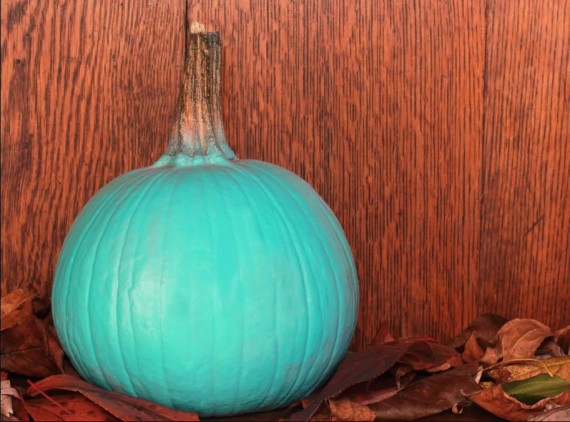Food allergies have been increasing in the past decade in Western countries and are becoming an important public health concern due to the large number of people affected. In infants and young children, cow’s milk allergy predominates. Fortunately, this allergy is “outgrown” in about 80% of children. Nut and fish allergies, on the other hand, are more likely to persist throughout a child’s life and remain in adulthood.
As parents, the holidays can bring fear of accidental exposure to food allergens in our vulnerable children. In one study, 50% of peanut-allergic children reported accidental ingestion over a period of 5 years. Foods known to be at higher risk for accidental peanut contamination include chocolate candies, cookies/biscuits, nut mixes, baked goods and ice cream – all of which are often enjoyed during the holidays! It is truly a challenge to balance safety and quality of life in children with a food allergy during these times. Peanut allergy specifically has been shown to increase anxiety, alter socialization and affect how a family may go about their day.
With regards to quality of life, food allergy affects not only the child, but the entire family. So, how should parents best approach food allergy during the holidays? How should they deal with traditions like trick or treating and sharing pecan pie at Thanksgiving when they have a food-allergic child?
Here are a few tips and resources that I hope you find useful:
1. Fun size
Many of the “fun-size” treats aren’t labeled for allergens. If there’s no label, it isn’t safe for your child with food allergies. In advance of gatherings or activities, encourage family and friends to share non-food items such as stickers, pencils and other small toys with your child.
2. Teal: The real deal
Food Allergy Research & Education (FARE) encourages awareness of food allergies by placing teal pumpkins in front of your house to let trick-or-treaters know you have safe, non-food treats. Check out: foodallergy.org.
3. Be prepared
Always carry your epinephrine 2-pack. Even if your child had a mild reaction previously, be prepared for a severe reaction. Prior reactions are not good predictors of future ones. Epinephrine can readily reverse any symptom of an allergic reaction (if its use is timed appropriately) and is the first line and only treatment for anaphylaxis.
4. While you’re away
If you leave your child in the care of a babysitter or relative this holiday season, always provide education on cross-contamination, recognition of allergic reactions and treatment. Be sure to have your child’s anaphylaxis action plan accessible.
5. What about Grandma’s kiss?
If someone has consumed peanut or other allergen, a kiss on the cheek is unlikely to cause a systemic reaction. Contact (skin) reactions may lead to no symptoms or localized ones such as a rash that can resolve when the area is washed off. Know that ingestion is the primary trigger for significant reactions.
For teens, more caution should be in place for mouth-to-mouth kissing! The best approach is seen with waiting several hours after peanut ingestion followed by a peanut-free meal, before mouth-to-mouth kissing with someone who is peanut allergic.
6. High-risk dining
For those with peanut allergy, avoid places such as ice cream parlors, bakeries and Asian food restaurants. Be especially careful with desserts and sauces.
7. Communication
Take time to explain your child’s allergy with wait staff, chefs, caregivers and relatives. Not everyone understands that even small amounts of the food protein can trigger a reaction.
8. Being airborne with allergies
If you fly this holiday season, use a commercial wipe to clean the seating area, in particular the tray. Be sure to bring your own food as well.
9. Fun without food
Know that not all holiday fun has to involve food. Plan your activities in advance and eat ahead of time if you’re able.
10. Every child is unique
As your child grows, the challenges you face will change. Toddlers have “curious” hands while teens “take risks.” Take time to plan ahead this holiday season and work with your child on a plan that works for the whole family.
Stay healthy and happy holidays from the Phoenix Children's Allergy and Immunology Clinic.
References:
1. Sicherer SH, Burks AW, Sampson HA. Clinical features of acute allergic reactions to peanut and tree nuts in children. Pediatrics 1998;102.
2. Carina Venter, PhD, RDa,b, Scott H. Sicherer, MDc, and Matthew Greenhawt, MD, MBA. Clinical Management Review of Peanut Allergy. J Allergy Clin Immunol Pract 2019:7:345-355.

